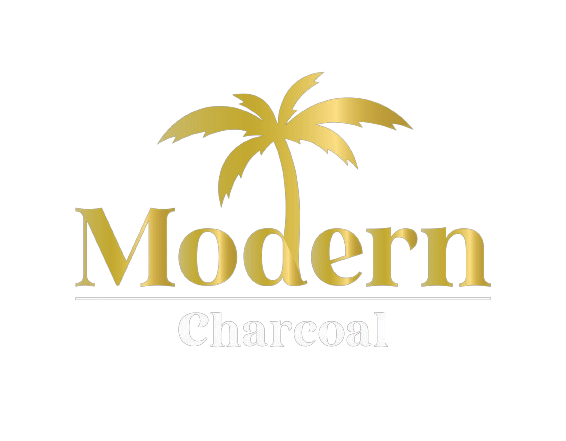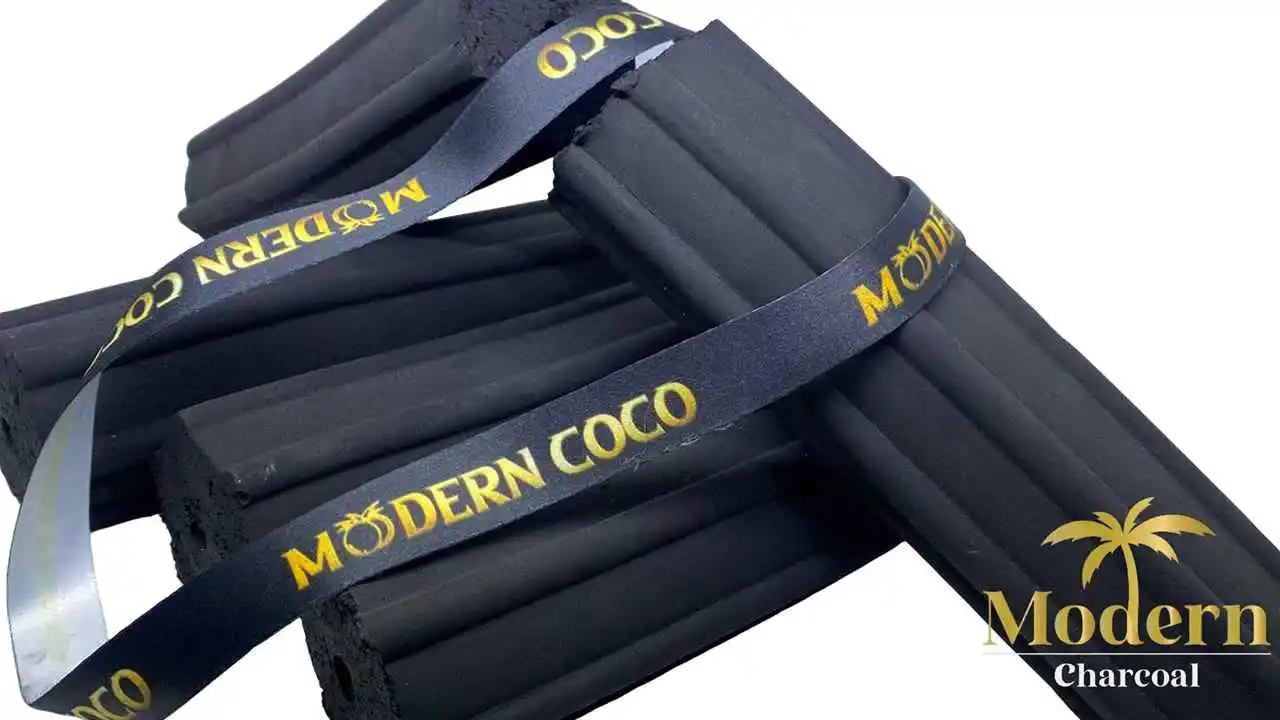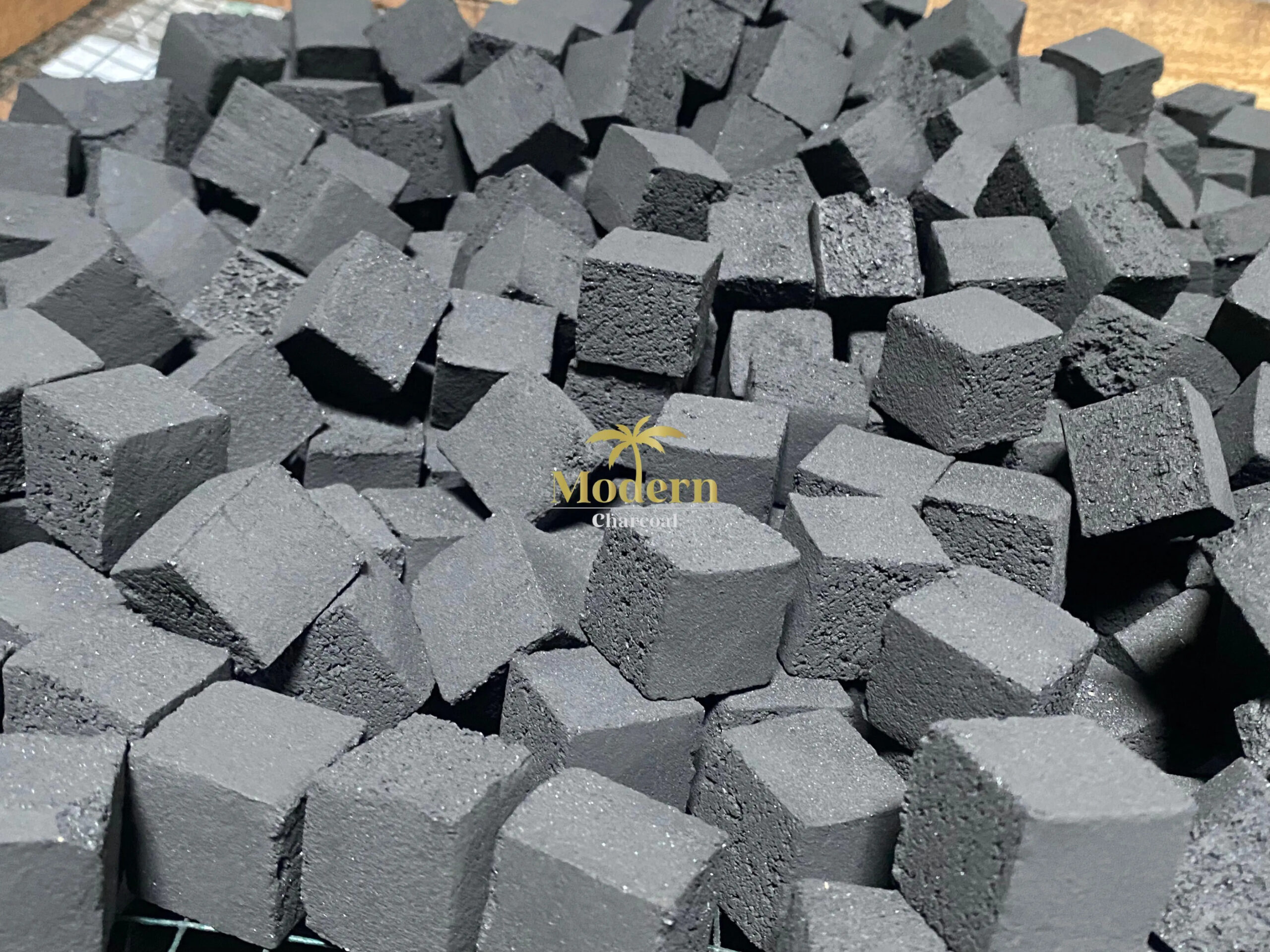In the quest for sustainable and efficient fuel sources, hardwood and coconut charcoal briquettes stand out for their exceptional qualities. Both materials offer unique advantages for cooking, heating, and industrial applications. This article delves into the superiority of these briquettes, highlighting their environmental impact, efficiency, cost-effectiveness, and usage benefits.
Environmental Impact
Hardwood Charcoal Briquettes
Hardwood charcoal briquettes are made from dense wood species, compressed into briquettes without using chemical binders. This process ensures a more natural and eco-friendly product. Hardwood briquettes have a lower carbon footprint compared to traditional lump charcoal, as they are often made from wood scraps and sustainable forestry practices. Their production helps in waste management by utilizing wood pieces that would otherwise contribute to deforestation.
Coconut Charcoal Briquettes
Coconut charcoal briquettes take sustainability a step further. Produced from the shells of coconuts, a byproduct of the coconut industry, these briquettes offer an innovative way to reduce waste and utilize renewable resources. The use of coconut shells not only prevents them from being discarded as waste but also provides a greener alternative to wood-based charcoal, reducing the need for tree cutting.
Efficiency and Performance
Hardwood Charcoal Briquettes
Hardwood briquettes are known for their high heat output and longer burning time compared to traditional lump charcoal. This makes them ideal for slow cooking and smoking, providing a consistent heat source that can be easily controlled. Their uniform size and shape contribute to better airflow and temperature management during cooking.
Coconut Charcoal Briquettes
Coconut charcoal briquettes are distinguished by their even higher efficiency. They burn hotter and longer than most other types of charcoal, including hardwood. This efficiency translates to less charcoal usage per cooking session, making them a cost-effective option. Additionally, coconut briquettes produce minimal ash, simplifying cleanup and maintenance.
Cost-Effectiveness
While the initial cost of hardwood and coconut charcoal briquettes may be higher than that of lump charcoal, their superior efficiency and longer burning times offer better value in the long run. Users can expect to use less charcoal per session, leading to savings over time. Moreover, the minimal ash production reduces waste disposal costs.
Usage Benefits
Both hardwood and coconut charcoal briquettes are praised for their minimal smoke output and low odor. This makes them suitable for indoor use, such as in restaurants and homes, without the concern of overwhelming smoke or odors. Additionally, the absence of chemical additives ensures that food retains its natural flavors, enhancing the culinary experience.
When searching for a coconut charcoal briquette supplier, focus on finding a reputable company that specializes in producing and distributing high-quality coconut charcoal briquettes. Ideal suppliers are those with a strong track record of sustainability, adhering to eco-friendly practices in sourcing and production. Look for suppliers that offer products with consistent burn times, high heat output, low ash content, and minimal environmental impact. Many reliable suppliers are based in countries with abundant coconut production, such as Coconut charcoal briquette supplier Indonesia, the Philippines, and Vietnam, known for their expertise in manufacturing coconut charcoal products. Evaluate potential suppliers based on their production capacity, quality control measures, certifications, customer service, and ability to meet your specific demands in terms of quantity and quality. Additionally, consider their experience with international shipping and logistics if you’re sourcing from overseas to ensure timely and efficient delivery.
Conclusion
Hardwood and coconut charcoal briquettes present a superior choice for individuals and industries seeking efficient, eco-friendly, and cost-effective fuel sources. Their environmental benefits, coupled with high performance and usage advantages, make them an excellent option for a wide range of applications. As the world moves towards more sustainable living practices, the adoption of hardwood and coconut charcoal briquettes is a step in the right direction.




